I met Carlota when I was 15, in the bathroom of a house party the police would shut down a little while later. I was carrying a wicker bag that only contained an XL hair spray and a comb for maintaining the exaggerated volume I wanted in my hair. This seemed fascinating to Carlota, and she spent a long moment analysing the image. Later we kept meeting on the internet and in the clubs of the moment, until little by little our bars ended up being the same. We could spend whole afternoons lying in parks, assimilating the cells of the other. We lived in the superabundance of time.
It’s almost impossible not to recall her life by way of milestones. I remember her first photo exhibition at a small gallery in Raval. The night in Mallorca when she told us she was thinking of leaving her job to dedicate herself to photography. The messages from Texas that kept us updated on her first shoot with Solange. Or one of us sending a photo to our group chat of the cover of the New York Post with the orgy she’d organised at Miami Basel. Deep in the Covid era, Carlota’s images seem chimerical. The strength they’ve gained from this new reality couldn’t have been foreseen. Dozens of people together, in a state of trance, giving themselves to her lens. Ultimately, her work is a precise visual reflection of the way she is from day to day. And there’s an enigma to Carlota that I can’t seem to figure out. Despite having grown up by her side and posed for her camera, I’m not able to grasp the source of her innate ability to bring together however many people are needed, with everyone pulsating on the same frequency. There’s something magnetic about her appearance that recalls so many animals at once, her way of articulating concepts, her excess and generosity when it comes to sensing everything. I suppose it’s precisely this enigma that means I never tire of asking her questions.
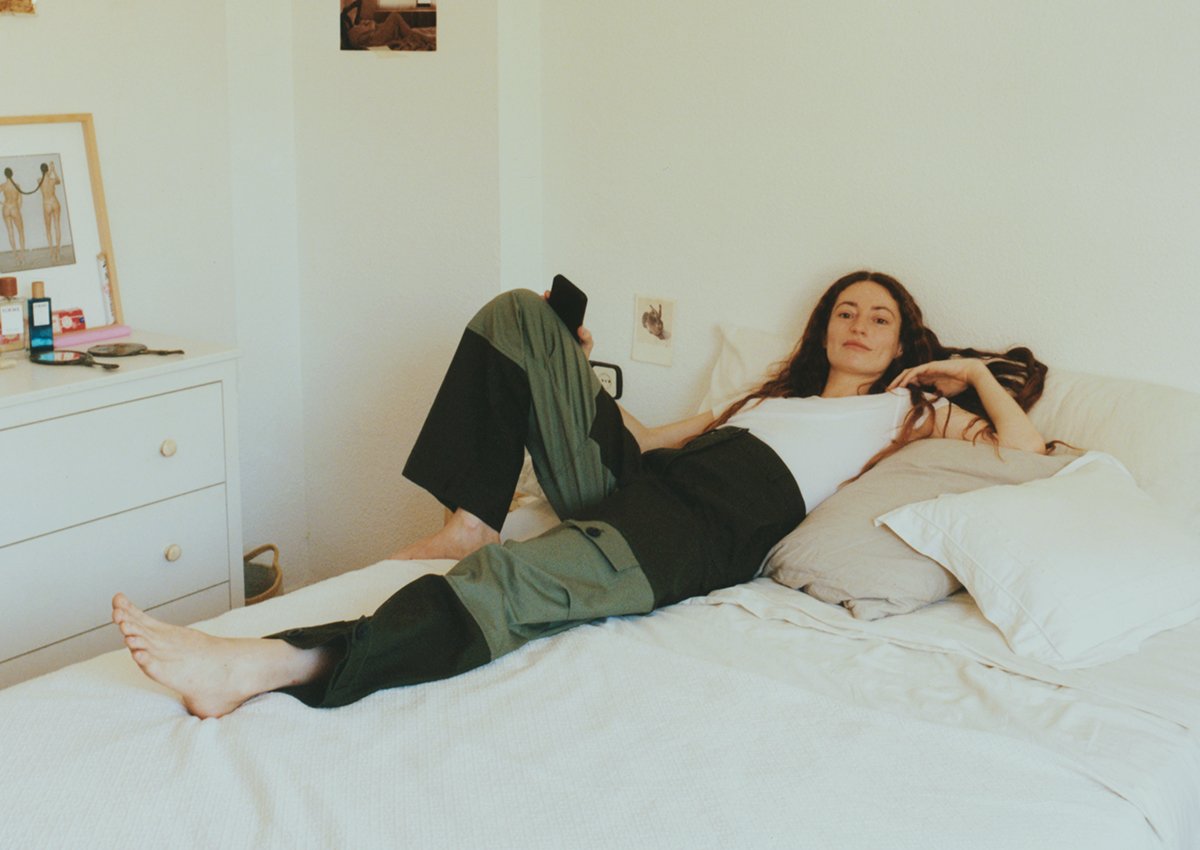
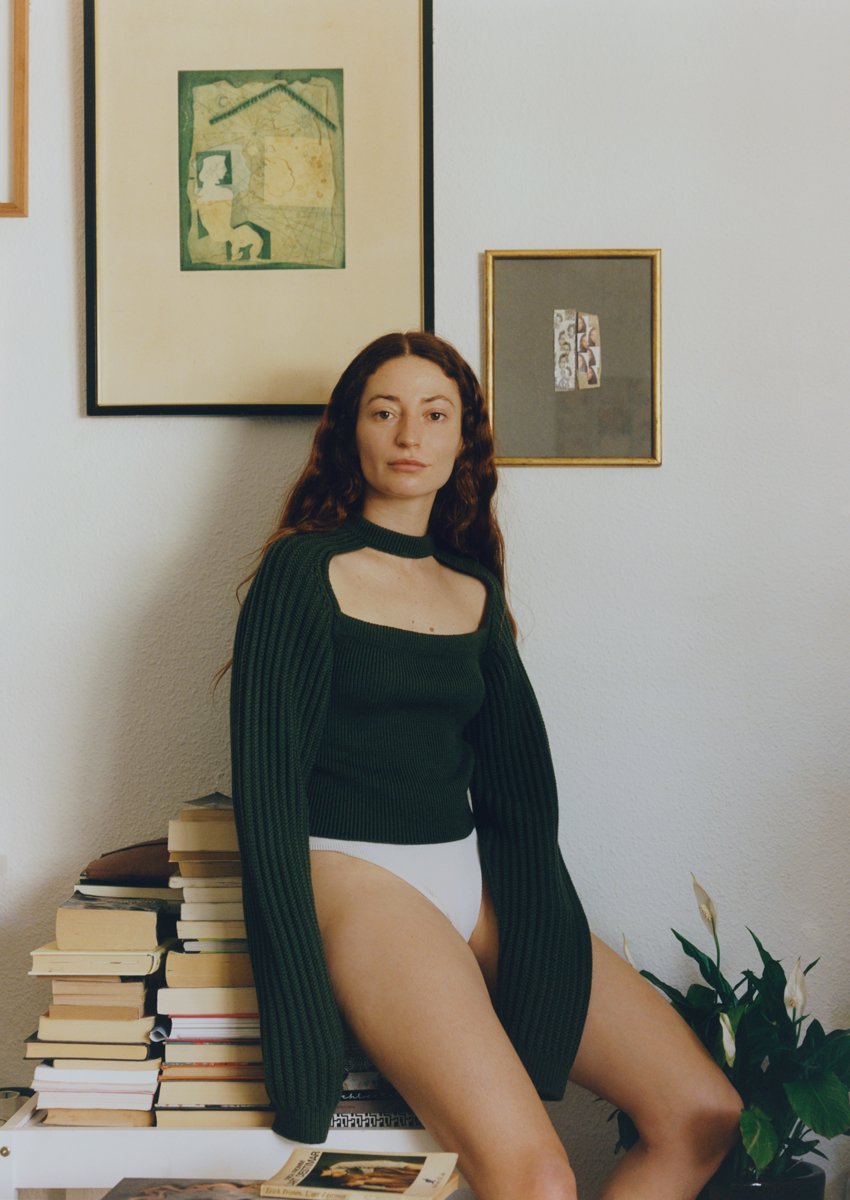
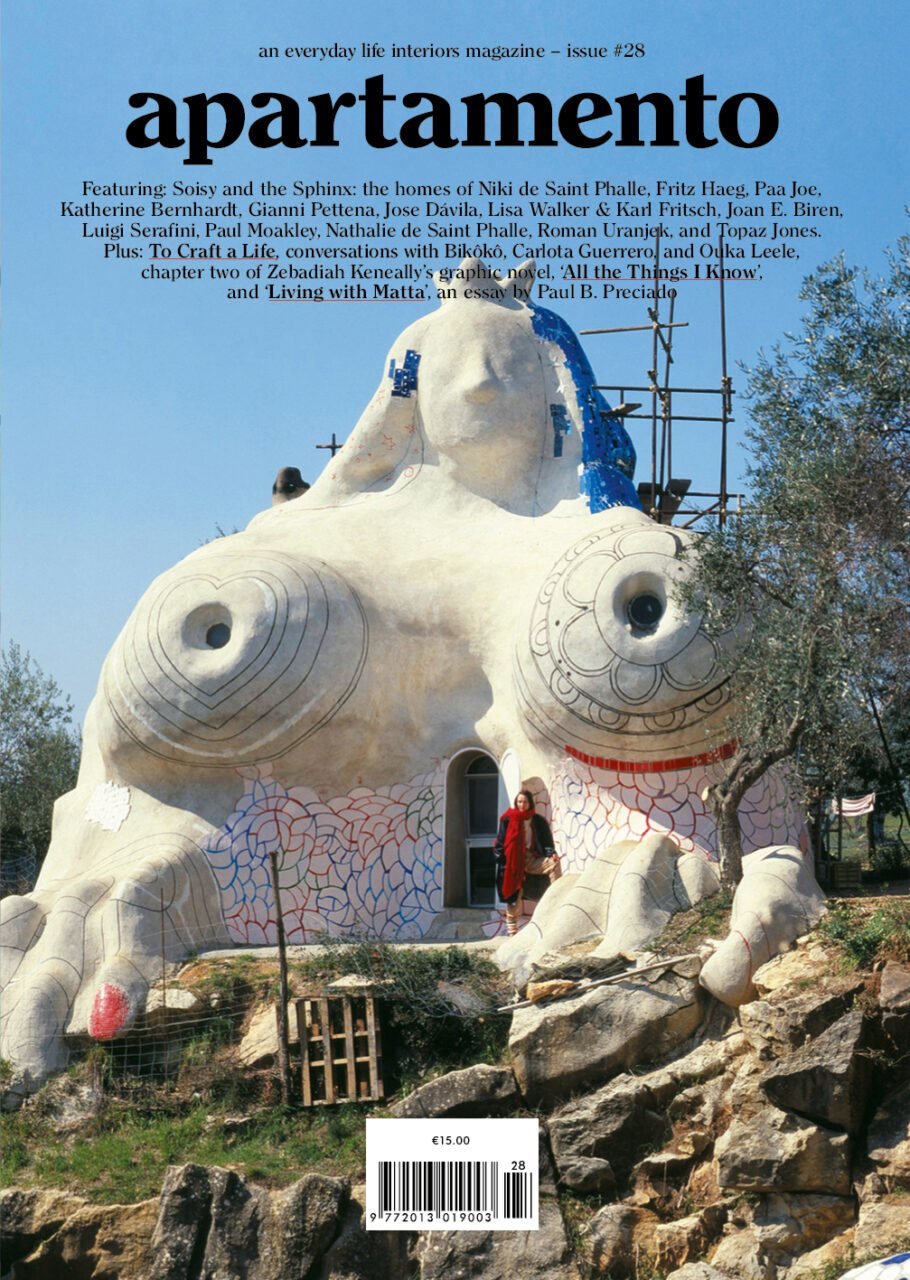
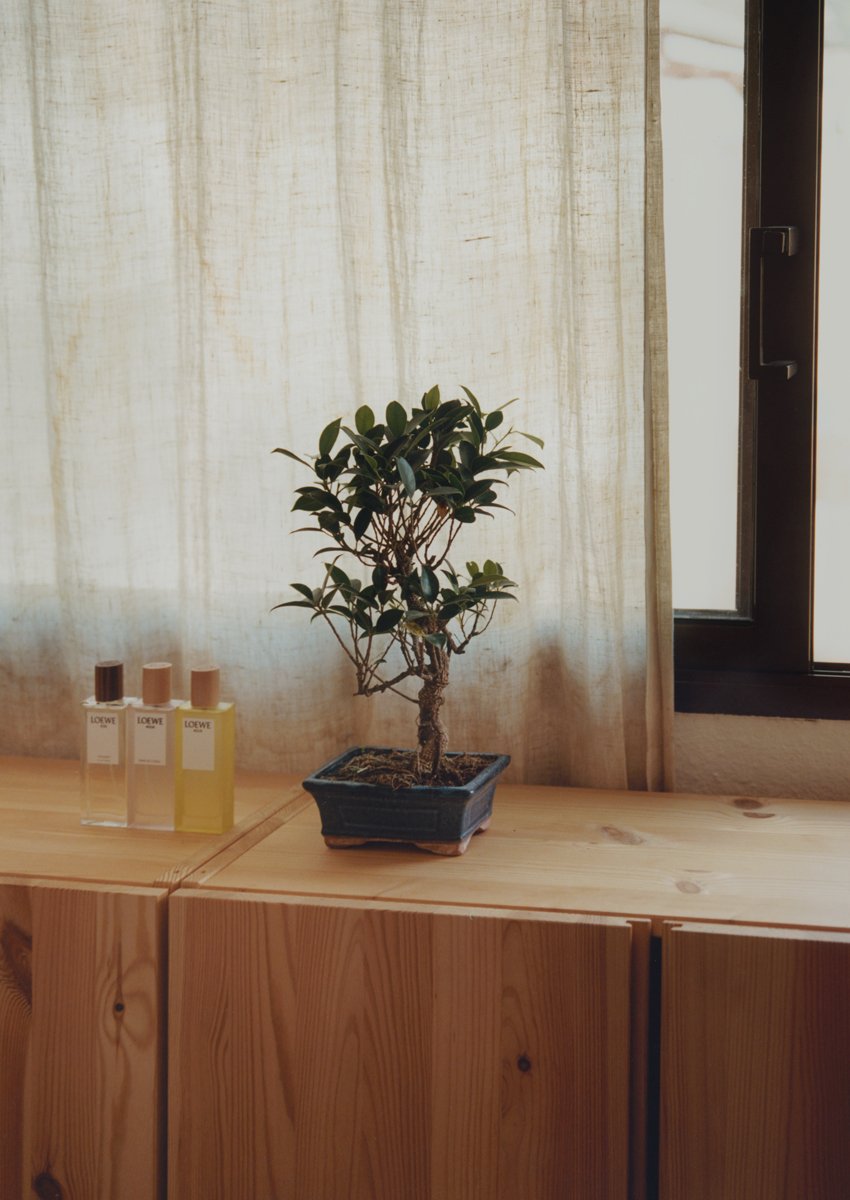
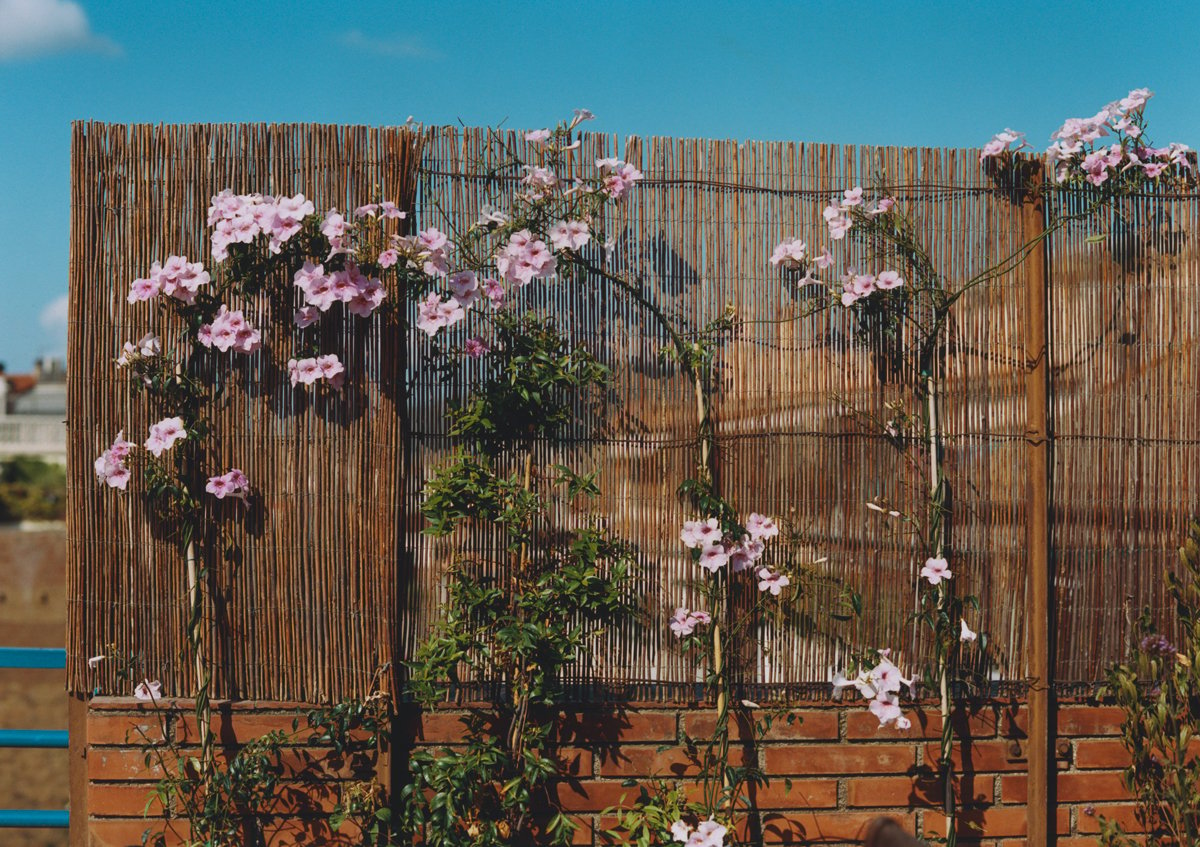
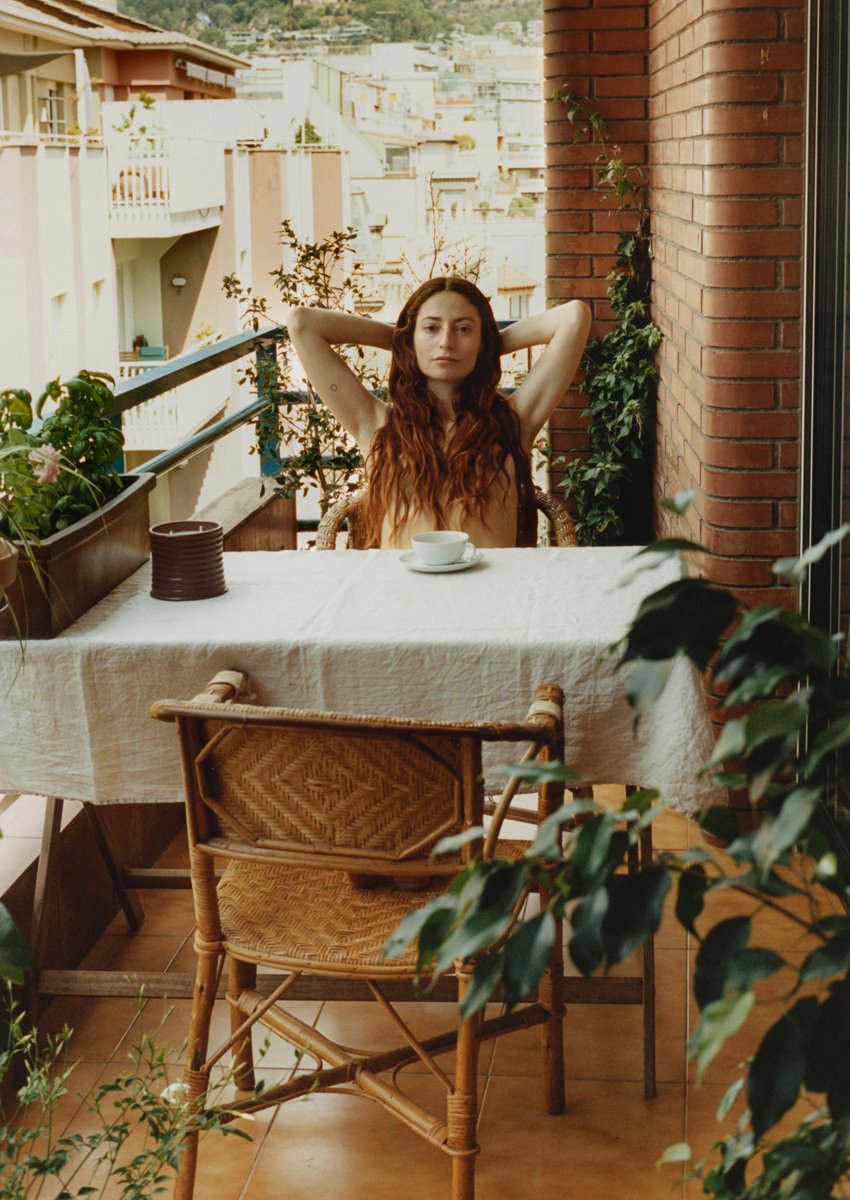
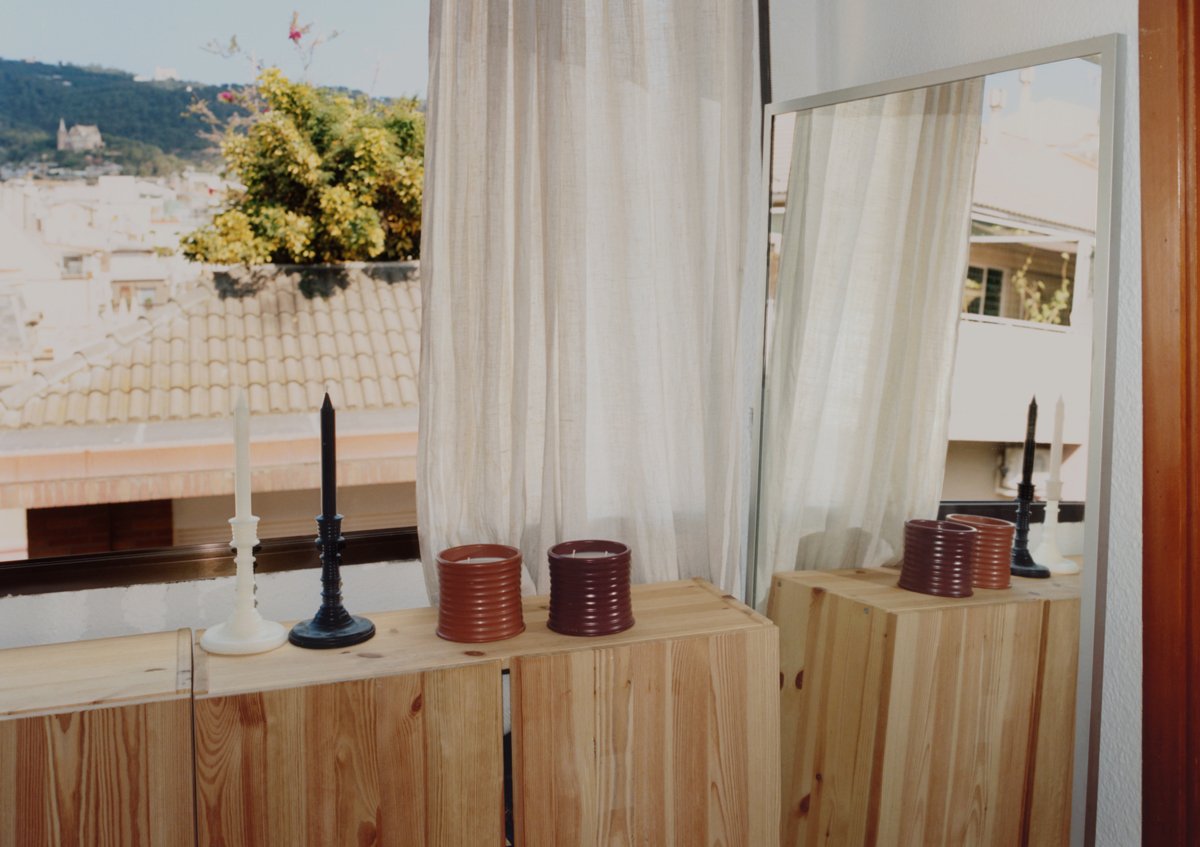
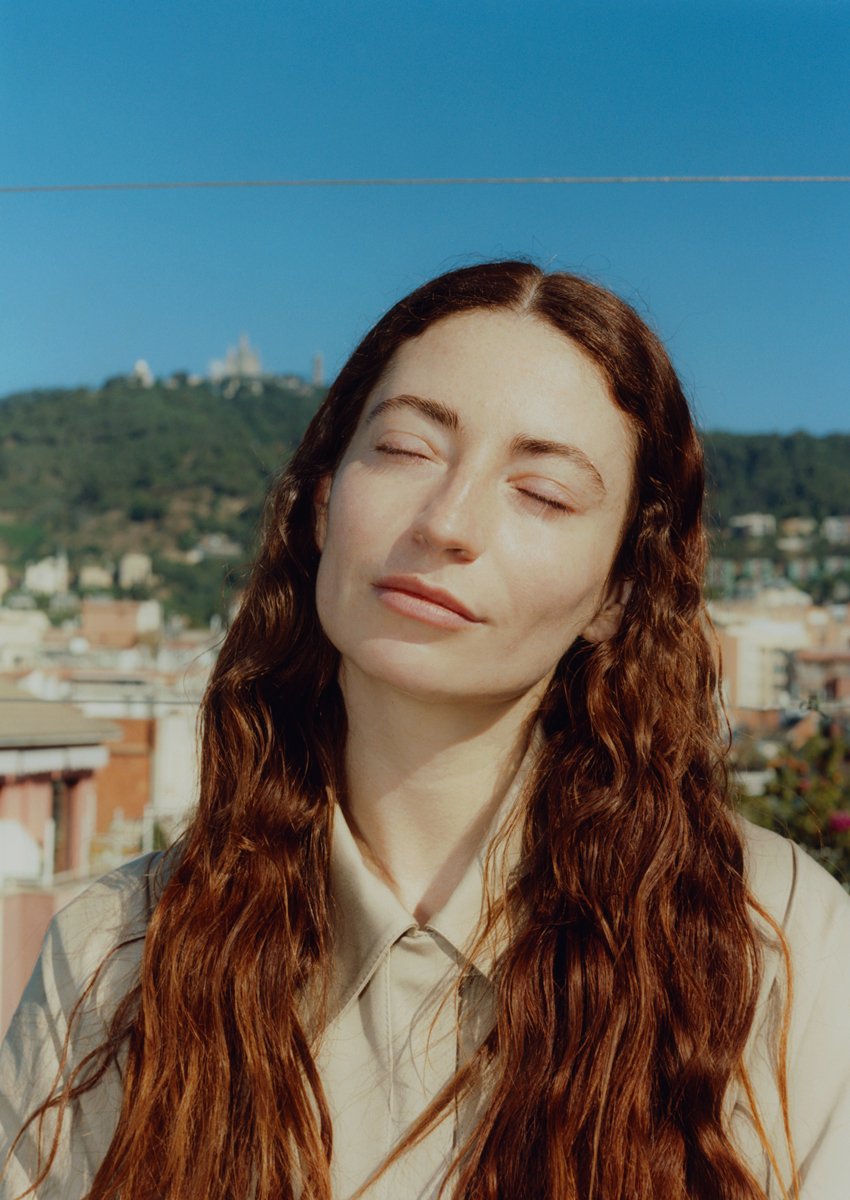
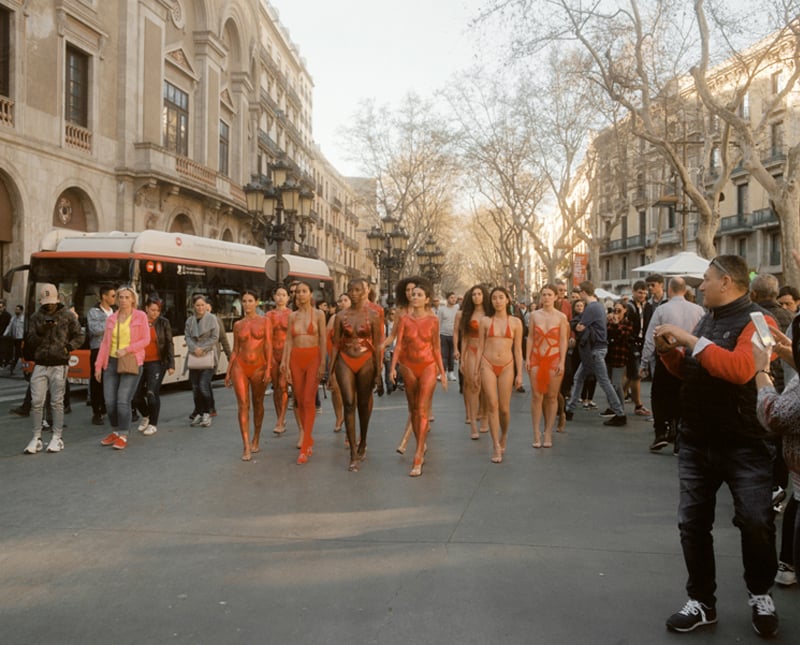
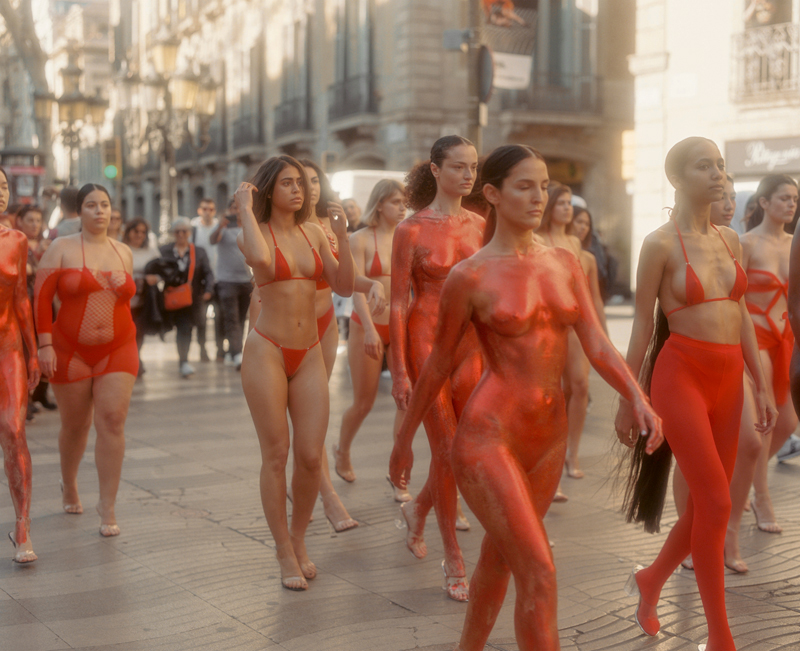
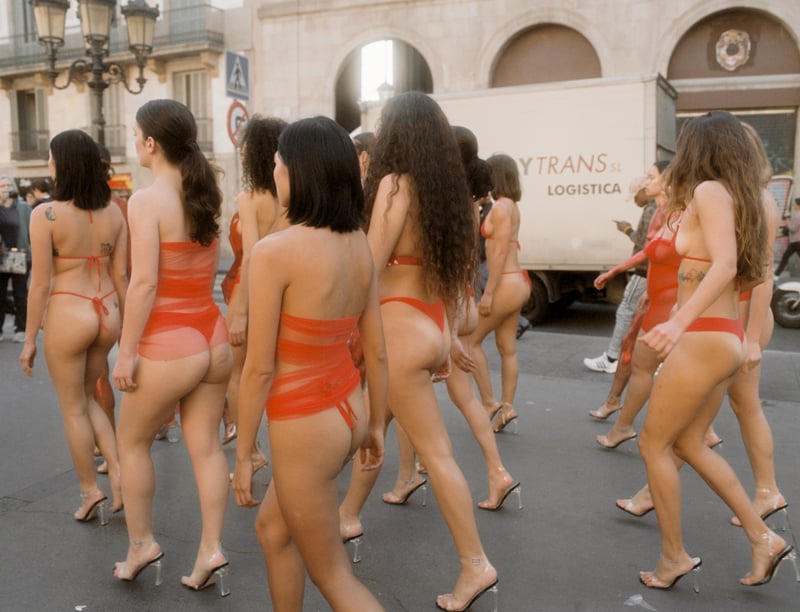
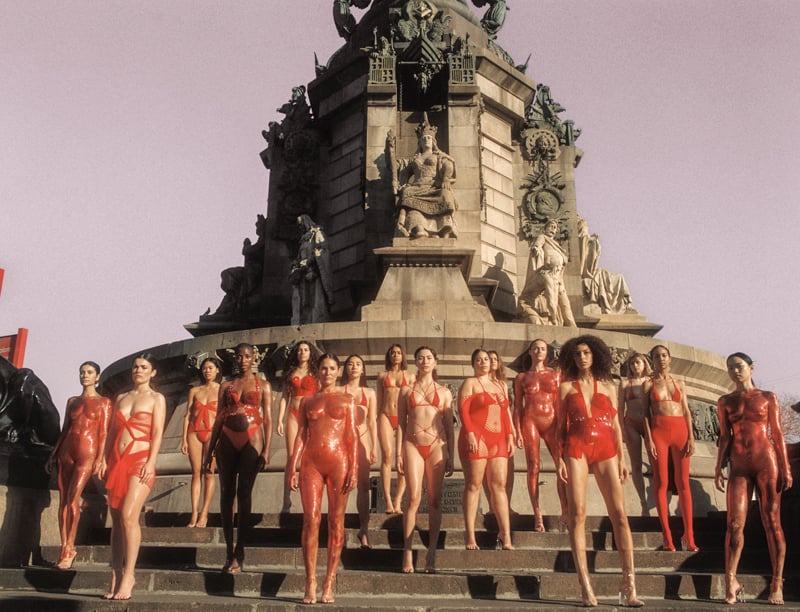
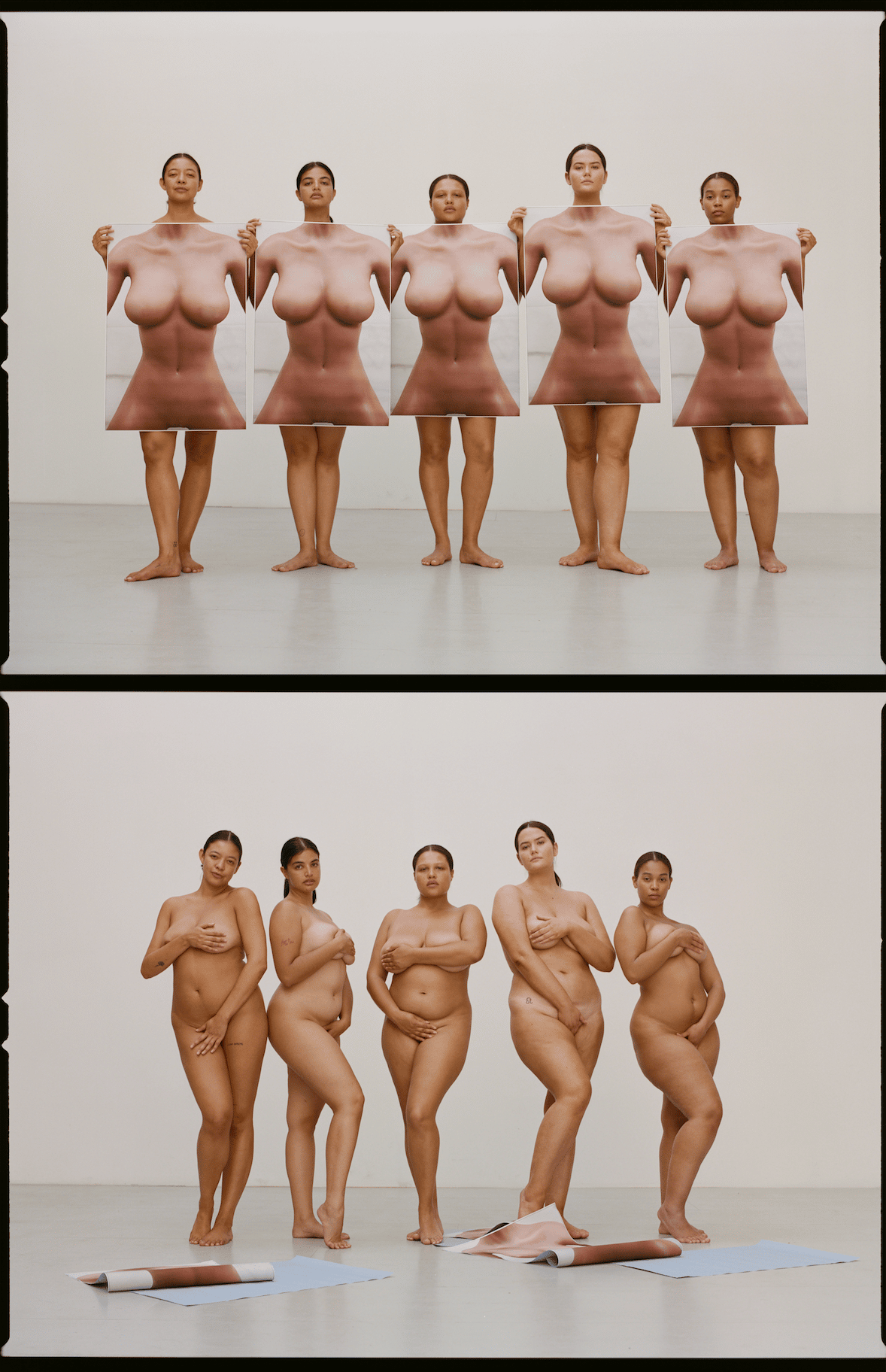
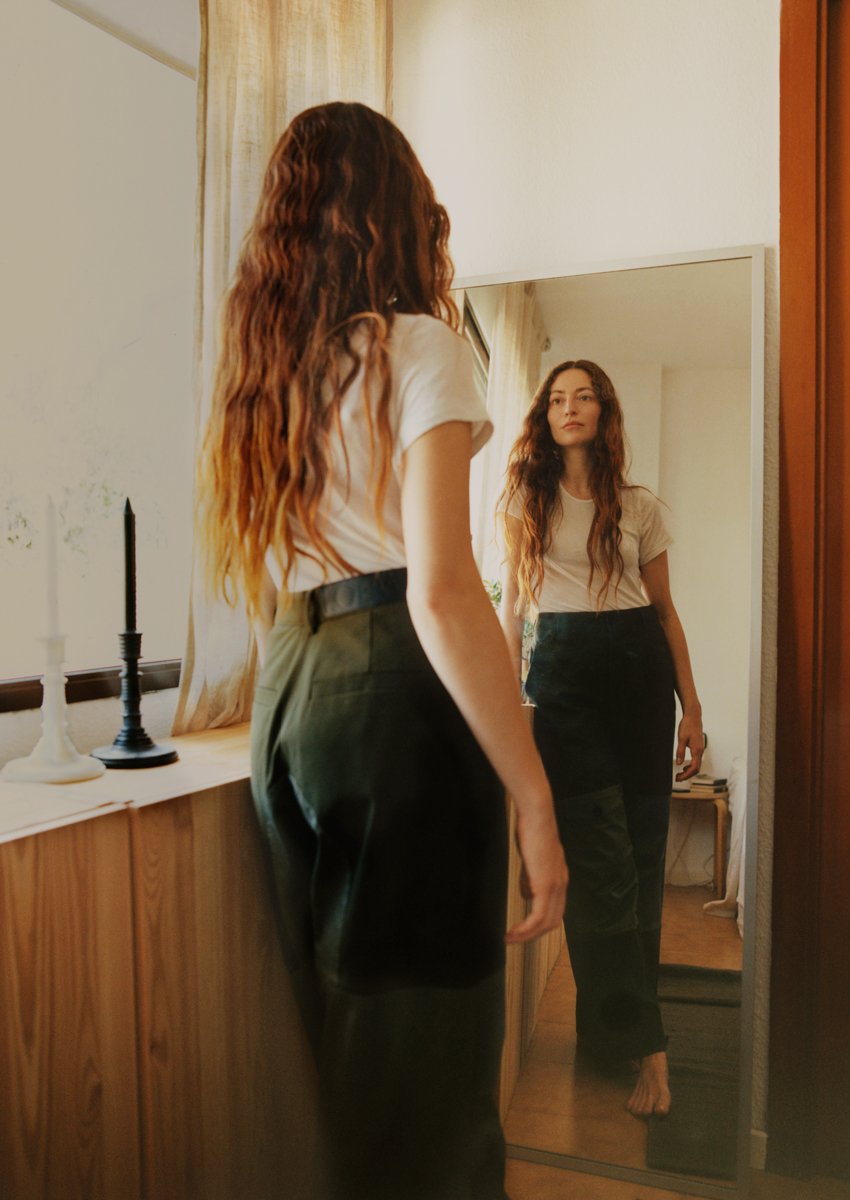
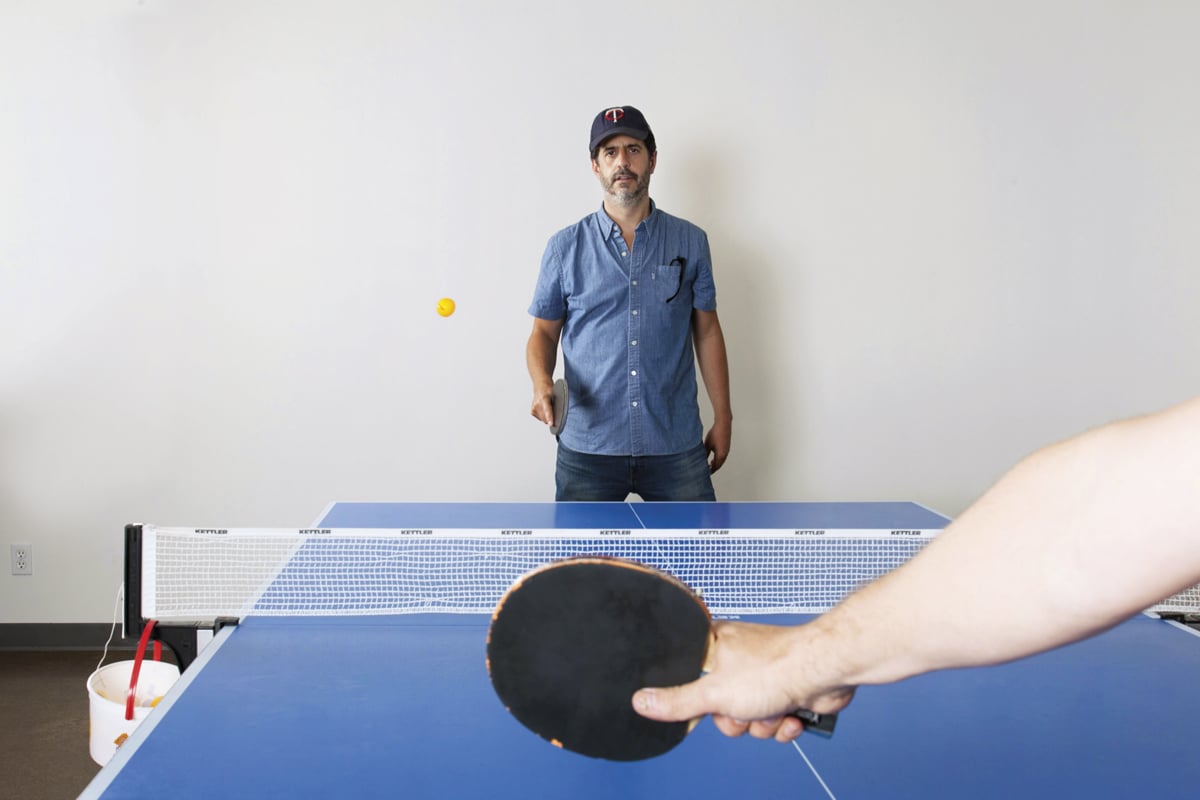
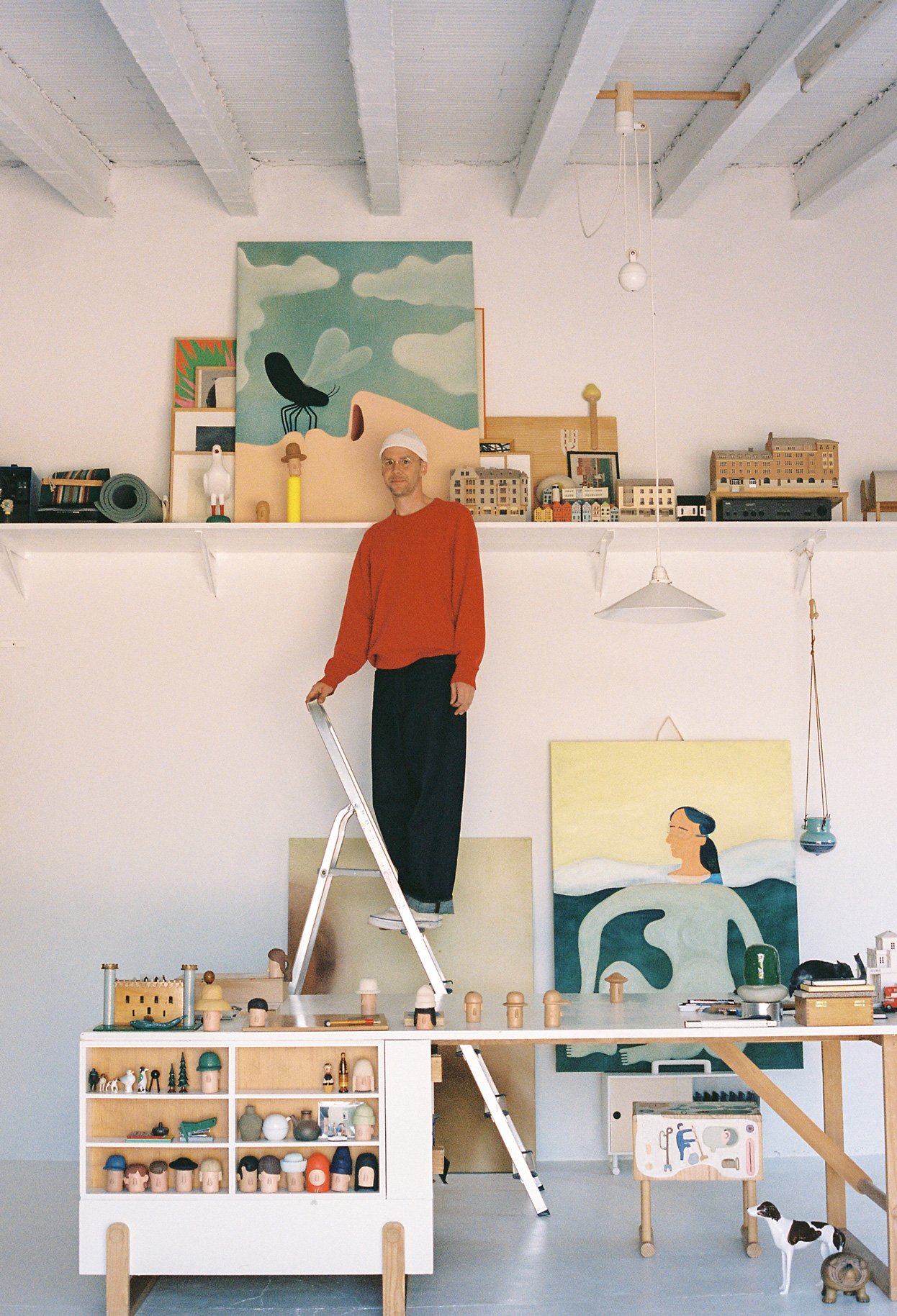
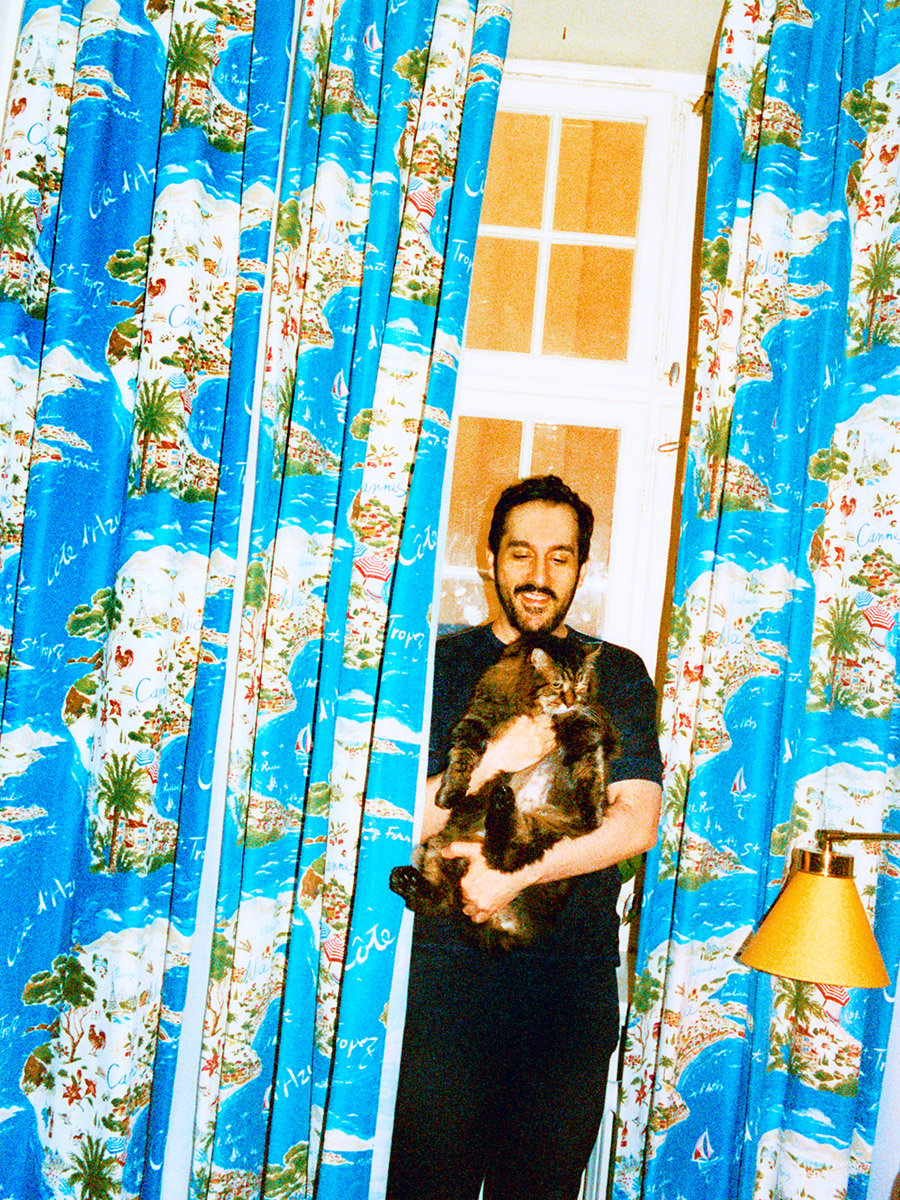
 close
close





